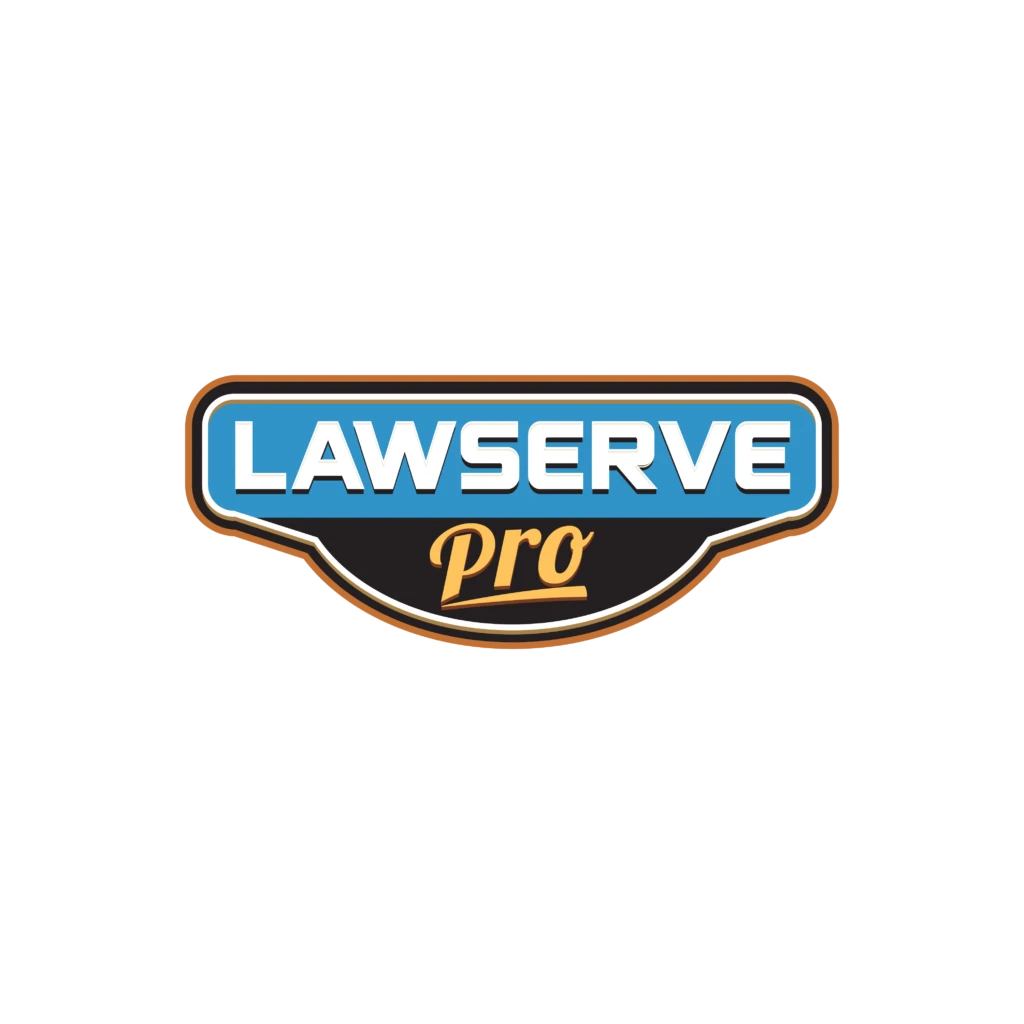How to Become a Process Server
How to Become a Process Server
How to Become a Process Server
A process server does an important job in the U.S. legal system. They deliver legal papers. This starts a court case. It also makes sure everyone gets a fair chance to speak in court. This whole process is called service of process or process serving.
What Process Servers Do?
Process servers tell a person or company they are being sued. They do this by giving them court papers. Making ensuring that everyone involved in a case is aware of what is going on is the aim. They can respond or defend themselves as a result. It keeps the justice system transparent and equitable.
The papers they deliver can include things like:
- Summons (the first notice of a lawsuit)
- Complaints (what the lawsuit is about)
- Subpoenas (orders to appear in court or give documents)
- Petitions
- Notices of hearing
- Writs
- Motions
- Court orders
Beyond just delivering papers, process servers also do office work. They might file court papers. They give proof that papers were served. They can prepare court forms. They might also pick up official documents from courts or other places.
Basic Rules to Become a Process Server
Rules can change depending on the state or area. But here are some common basic rules:
- You must be at least 18 years old.
- Background Check: You usually need a clear background check. This shows you are trustworthy. Many states check for past crimes, especially serious ones.
- Driver’s License and Car: You need a valid driver’s license. You also need a reliable car. This job involves a lot of driving to deliver papers on time.
- Training: Most servers need to follow state and federal laws. So, training programs are often a must. These courses teach you how to serve papers, locate persons, follow the law, and demonstrate service.
- License or Certification: A license or certification may be necessary in some states to become a process server.
- Bond or Insurance: Getting a bond or liability insurance protects you and your clients. It shows you take your job seriously.
- Know the Laws: You must understand legal steps well. This makes sure every paper served follows the rules. This keeps the legal process working right.
- Not Part of the Case: You cannot be a party in the case you are serving papers for.
- Legal Resident or Citizen: You have to be a citizen or legal resident of the nation in which you are serving legal documents.
What Makes a Great Process Server?
Beyond the basic rules, the best process servers have certain qualities and skills:
- Integrity: They do every job with respect for everyone involved.
- Adaptability: They can handle unexpected problems calmly.
- Persistence and Patience: These are key when someone is hard to find or avoiding service. You might need many tries.
- Attention to Detail: They make sure every service is exact. This includes checking who they served and making good records. It also helps with special rules for different papers.
- People Skills: They talk well with others, even when things are tense. They can stay understanding but also keep their distance.
- Investigative Abilities: They are creative and skilled at finding people. This includes using tools like skip tracing.
- Good Communication: They talk clearly and effectively.
- Stamina and Dedication: This job can be tiring. It might mean a lot of travel and dealing with many kinds of people.
- Tech Savvy: They use tools like GPS and digital tools to work better and be more accurate.
- Foreign Language Skills: This can be helpful. Servers often meet people who don’t speak English.
Daily Challenges and How to Handle Them
Process servers deal with unique challenges every day:
- People Who Hide: Dealing with people who try to avoid getting served needs toughness. You might use tactics like skip tracing.
- Aggressive Behavior: Servers might meet angry people. They must stay professional and know how to calm things down.
- Odd Hours/Travel: The job might mean working outside normal business hours. You might travel a lot. You could make attempts early in the morning or late at night. This can be tough mentally and physically.
Benefits of Being a Process Server
This job offers some good things:
- Sense of Purpose: It feels good to know you help keep the legal system fair.
- Good Income: Process servers can make good money. This is especially true if they serve hard-to-find people or have many jobs. The average yearly pay was reported as $38,000 in February 2020.
- Growth: You can grow into other jobs like private investigations or other legal services.
- Networking: Process servers often meet many useful people in the legal world. This can lead to more jobs and work together.
- Freedom: You can often control your own work schedule and how you do your job. This is good if you like to manage yourself.
Maryland’s General Regulations for Process Servers
Maryland does not maintain a statewide licensing or registration framework specifically for private process servers. This distinguishes it from practices in certain other jurisdictions, such as California, where registration may be a prerequisite. In Maryland, any individual who is at least 18 years of age and is not directly involved as a party to the case is generally authorized to serve most civil court documents. Consequently, service may be performed by a friend, a family member, or a professional process server.
However, despite the absence of a specific license requirement, strict adherence to the Maryland Rules of Civil Procedure governing the method of service remains mandatory. These rules are critically important. They precisely outline the necessary actions to ensure the validity of a service. Non-compliance with these regulations can result in the invalidation of the service, potentially causing substantial delays in the judicial process.
Prohibited Individuals in Service of Process
It is imperative to understand that individuals directly involved in a lawsuit are prohibited from serving the relevant legal documents themselves. This rule is established to uphold the principle of fairness and to eliminate any potential ambiguity regarding the proper delivery of legal papers. For instance, a plaintiff initiating a lawsuit is expressly forbidden from personally delivering the court documents to the defendant.
Specifics for Anne Arundel County (Pasadena)
Given Pasadena’s location within Anne Arundel County, process servers operating in this area must comply with the rules pertinent to this jurisdiction. The Circuit Court for Anne Arundel County, consistent with all Maryland courts, operates under the Maryland Rules of Civil Procedure.
For the majority of civil proceedings, Rule 2-121 (Service of Summons – By Whom Made) holds significant importance. This rule stipulates that a summons – the official document informing an individual of a lawsuit against them – may be served by a sheriff, a constable, or a private person authorized to serve process. As Maryland does not define a specific authorization process for private individuals in this context, this rule effectively permits any person aged 18 or older who is not a party to the action to perform such service.
Nevertheless, it is crucial to recognize that for certain specialized case types or documents, service may be exclusively reserved for a sheriff or a court-appointed official. For example, specific family law orders or particular types of writs might necessitate service by the sheriff’s office. Therefore, it is always essential to verify the explicit requirements outlined in the specific court order or the nature of the document being served to ensure absolute compliance.
Training and Attributes of an Effective Process Server in Pasadena
Even though Maryland does not mandate a license for process servers, undertaking comprehensive training is highly advisable. A robust training program will impart an in-depth understanding of the Maryland Rules of Civil Procedure. Such programs typically cover:
- Legal Ethics: Principles for conducting one’s duties with integrity and fairness.
- Serving Strategies: Methods for handling individuals who may be evasive or uncooperative.
- Investigative Techniques: Approaches to locate individuals whose addresses may be outdated or incorrect, often referred to as “skip tracing.”
- Documentation: Protocols for accurately completing Proof of Service forms.
Beyond formal training, effective process servers possess certain key attributes. These include:
- Persistence: The ability to make multiple attempts to serve a document when necessary.
- Patience: The capacity to maintain composure in challenging situations.
- Observational Acuity: A keen attention to detail at the service location, which can provide useful information.
- Professional Demeanor: The skill to remain calm and professional, even when encountering agitated or confused individuals.
- Organizational Skills: The ability to maintain meticulous records of all service attempts and successful deliveries.
Serving as a process server in Pasadena, or indeed anywhere within Anne Arundel County, constitutes an important professional undertaking. It involves actively contributing to the proper functioning of the legal system by ensuring individuals receive due notification. This profession can be genuinely rewarding for individuals who are detail-oriented, persistent, and capable of working autonomously.
How to Start and Grow Your Career?
To build a good career as a process server:
- Look up Laws: Find out what age, registration, certification, licensing, and insurance rules apply where you live.
- Get a Background Check: Complete one to confirm you have no criminal record.
- Get Your Tools: Get what you need. This includes a reliable car, a GPS device, access to skip tracing tools, and a good website for getting clients.
- Get Experience: Work with an established process-serving company. Or offer to serve papers for friends, family, or possible clients. This helps you practice.
- Make a Plan to Get Clients: Think about who you want to work for. This could be lawyers, law firms, or private people. A good website is key here.
- Network: Connect with local lawyers, court officials, and other process servers. This builds your reputation and helps you find jobs.
- Keep Learning: Stay updated on new laws and changes in process serving. Go to workshops or classes. Joining groups like the National Association of Professional Process Servers (NAPPS) can offer certifications, training, events, and job openings.
Delivering papers is only one aspect of being a process server. It’s about ensuring that everyone is treated fairly by our judicial system. It requires a unique combination of abilities, including a thorough knowledge of the law, tenacious perseverance, and keen attention to detail. There will undoubtedly be difficulties along the way, but the opportunity to advance justice and have a flexible career is a huge reward.
Consider becoming a process server if you’re a legal practitioner in need of dependable process serving or if you’re searching for a job that gives you autonomy and meaning. It plays a crucial part in keeping the wheels of justice turning.
AGGRESSIVE AND PROFESSIONAL NATIONWIDE PRIVATE PROCESS SERVERS
Here at LawServePro, it’s our number one priority to make your job easier. Whether you need legal documents served, a foreign subpoena domesticated, or court documents retrieved, our expert team of professionals are ready to help. Call today for a free quote!
Account
Connect
National Headquarters
8482 Fort Smallwood Road
Suite B-110
Pasadena, MD 21122
8482 Fort Smallwood Road
Suite B-110
Pasadena, MD 21122
© Copyright by LawServePro 2021 | Web Design by Exo Agency
No products in the cart.

